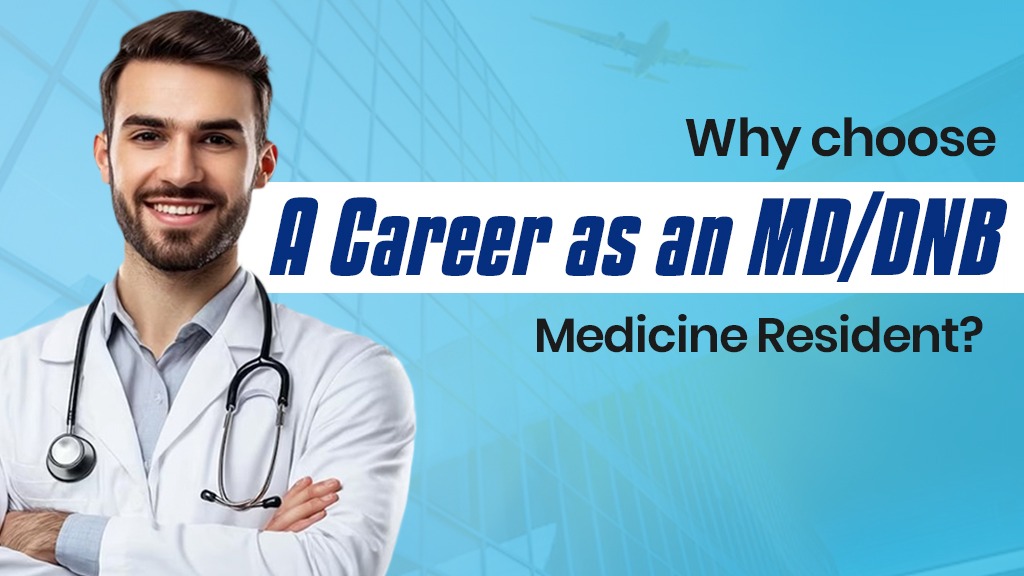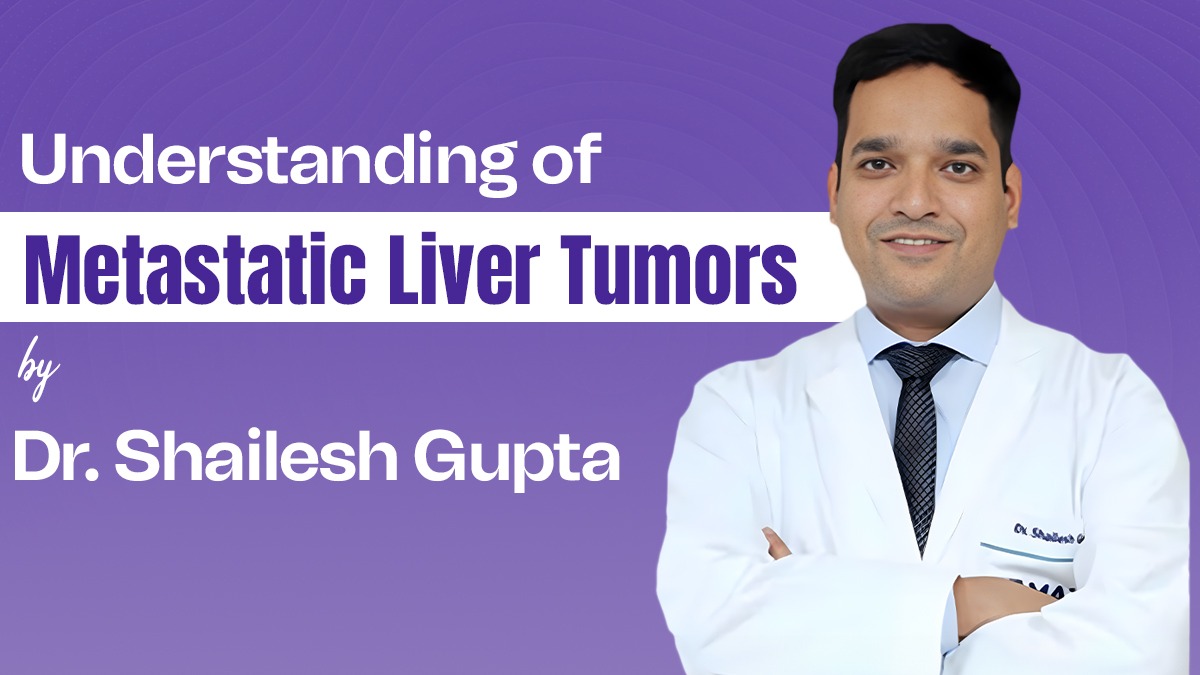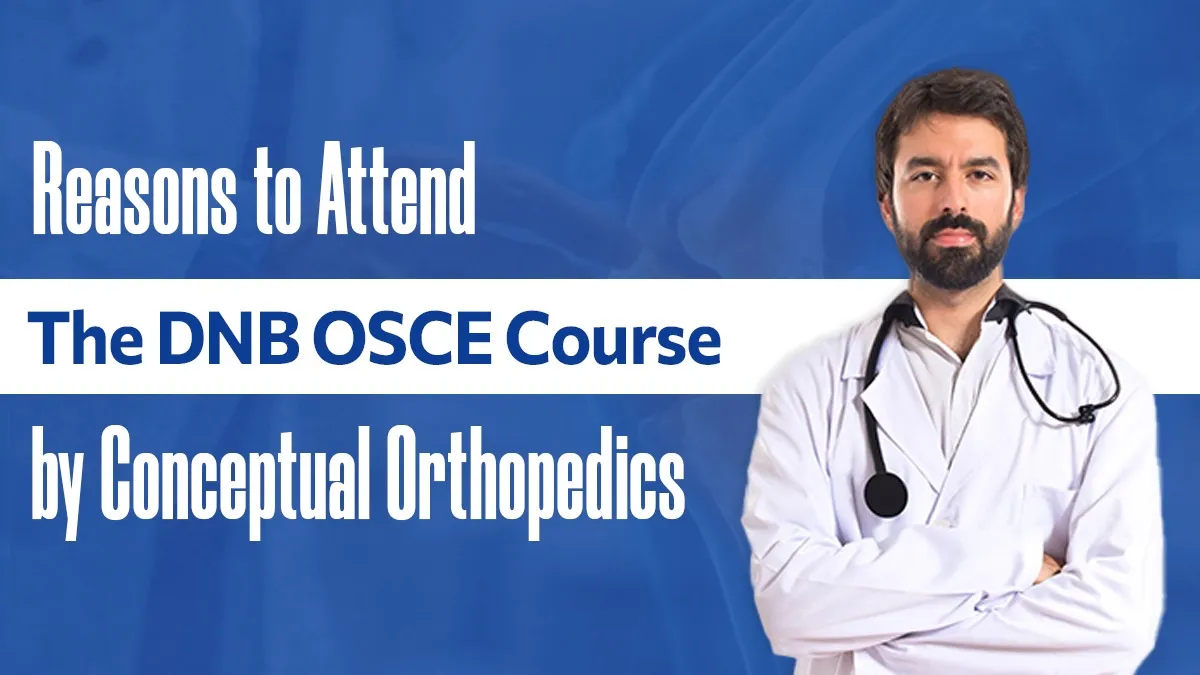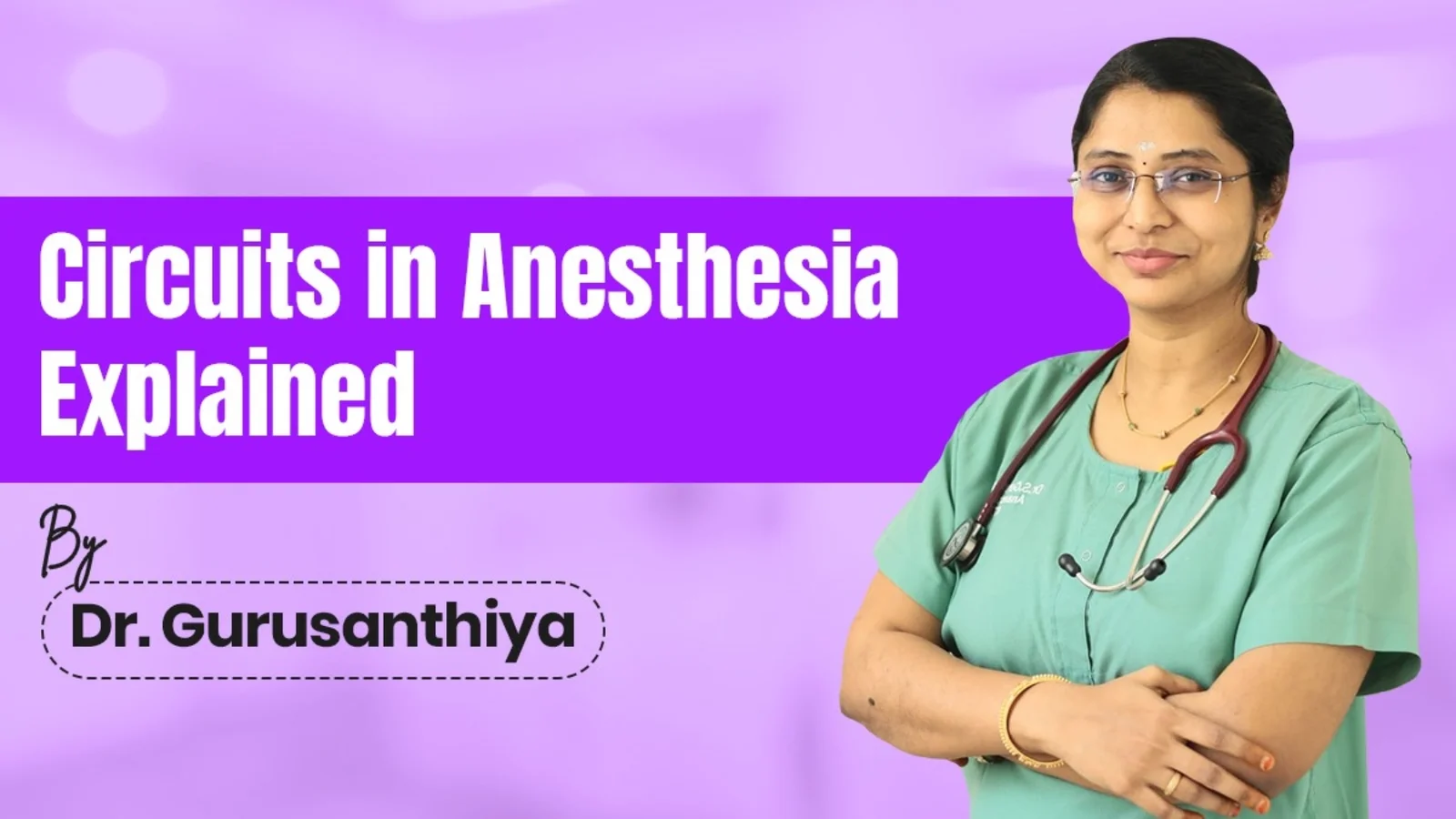Estimated reading time: 4 minutes
Medical graduates who become MD/DNB medicine residents have an advantageous and intellectually stimulating career choice. This career offers a chance to significantly improve people’s lives and requires dedication to lifelong learning. It brings great personal and professional fulfilment but also demands commitment, empathy, and perseverance.
Here in this blog, you will see how to become the best medicine resident, the necessary courses, job profiles, salary expectations, and opportunities in the field:
Who is a medicine resident?
A medicine resident is one who has pursued an MBBS degree and then cleared the NEET-PG entrance exam to engage in a medicine residency program to receive further training in a particular specialty.
How to be the best medicine resident?
- Education path
- Pursue MBBS degree
Complete your MBBS program within 5 years with the internship.
- Clear PG Entrance Exam
Enroll in a reputable medical college by passing competitive entrance exams such as NEET-PG in India.
- Postgraduate Specialization in medicine
- Pursue the MD after completing your MBBS by completing the postgraduate entrance exams, NEET-PG in India.
- Alternatively, you may choose to pursue a DNB course in medicine.
- Licensing
Obtain a license to practice from the medical council in your country.
- Courses for Medicine Residency
- MD (Doctor of Medicine): It is a 3-year master’s degree that focuses on clinical hands-on training.
- DNB (Diplomate of National Board): It is a 3-year course and it is equivalent to MS.
- Job Profiles and Responsibilities in Medicine Residency
- Medicine Residency
- Clinical Roles
- In outpatient settings, focus on general medicine.
- Care Expert
- Work in ICUs to manage critically ill patients.
- Non-Medical Roles
- You can work in healthcare, medical education, public health, or consulting.
- Academic Roles
- You can teach at medical schools and participate in research.
- Salary of Medicine Residents
The salary of a medicine resident may depend on location, experience, specialization, and type of healthcare institution.
- In India: Fresh graduates earn between ₹6-10 LPA, depending on the institution and state.
- In the USA: The medicine residents in the USA get paid somewhere around between $60,000-$70,000 per year; it varies by year of residency and location.
Salary may be different depending upon the country.
- Scope after Medicine Residency
- Growing Demand
- The demand for medicine residents is rising due to a range of medical, technological, and demographic factors.
- Wide Opportunities
- Global demand exists for well-trained medicine residents due to rising healthcare needs.
- Subspecialization
- Pursue specialized training in areas such as dermatology or infectious diseases.
- Skills to Pursue a Career in Medicine Residency
- Decision-making and clinical knowledge.
- Prioritizing tasks and managing multiple patients with efficiency.
- Acknowledge medical emergencies.
- Collaborate with multidisciplinary terms.
Why conceptual medicine during your residency?
Conceptual Medicine plays a vital role in shaping competent and confident medicine residents by emphasizing deep understanding over rote memorization. It also enhances clinical reasoning, decision-making, and adaptability by empowering medicine residents to manage complex cases with assurance. Strengthening problem-solving skills, efficiency, and lifelong learning that enables medicine residents to deliver higher-quality patient care while alleviating cognitive overload and burnout.
Ultimately, Conceptual Medicine transforms medicine residents into critical thinkers, effective clinicians, and future medical leaders, ensuring they can navigate the evolving landscape of healthcare with expertise and resilience.
Conclusion
A career as a medicine resident is a demanding yet highly rewarding path that equips medicine residents for independent practice, specialization, or leadership in healthcare. Through structured clinical training, rotations, research, and mentorship. Medicine residency offers diverse job opportunities, including primary care, hospital medicine, or subspecialty fellowships in areas such as cardiology, dermatology, and oncology. The salary significantly increases after the post-residency, with specialists earning competitive compensation globally. The essential skills needed for medicine residency are clinical reasoning, leadership, communication, and research proficiency to empower medicine residents to excel in both clinical and non-clinical roles.
To sum it up, you can take help from Conceptual Medicine to become a medicine resident, which merges the challenge of mastering critical medical skills with the reward of making a significant difference in patients’ lives.






